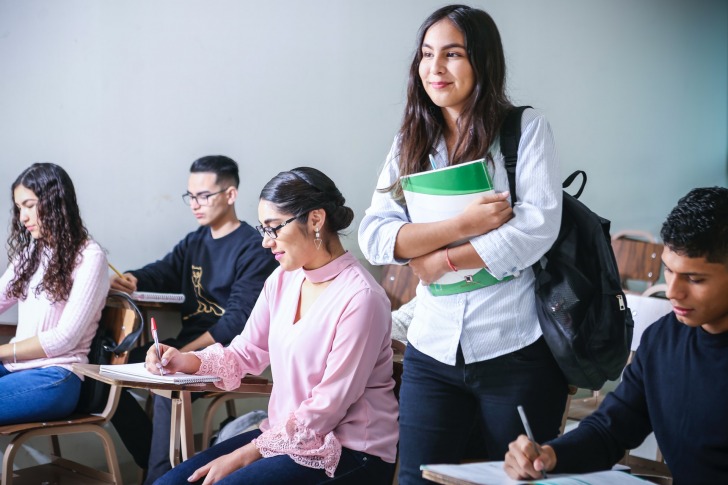Contents
1. Accept Cultural Differences
The best part of a study experience abroad is the chance to experience a new culture.
Find a reliable paper writer or an essay writing service to help you with homework before you leave.
This will give you more free time to explore your destination instead of sitting in the library and doing homework all the time.
While traveling, you should keep an open mind to the culture of the locals.
Make an effort to immerse yourself in it and adapt.
In some cases, you may experience a cultural shock.
Be prepared for it and don’t try to change or criticize local culture.
This could lead to unwanted conflicts with local people.
Try to treat situations that don’t match your worldview as a learning experience.
This doesn’t mean that you should compromise your values or morals.
2. Research Your Destination
Apart from culture, laws, and customs abroad may be completely different from things you are used to.
So take time to find out more about your destination before you leave.
This includes not only legal issues but also etiquette nuances like body language and choice of clothing.
To stay out of trouble, you have to respect them.
While researching, pay attention to:
- Safe means of public transportation;
- Risky parts of a country;
- Common safety concerns and scams;
- Drug and alcohol use;
- Sensitive and prohibited topics;
- Laws and cultural norms around sexual orientation and gender identity.
While some behaviors have no or mild consequences in your country, the same issues may result in severe legal repercussions in the country you are visiting.
So it’s better to be safe than sorry.
3. Prepare for Emergencies
To be prepared for any situation, you need to stay aware of your surroundings and follow local news.
Here are a few tips:
- Write down contacts of emergency services, your study program administrators, and the local embassy in a foreign country.
- Have copies of important documents in a safe place separate from the originals. You can also keep digital copies on your phone.
- Learn some basic phrases in a local language, especially those related to health like allergies or chronic health conditions.
You could also have study emergencies such as a deadline you forgot about or problems with internet access when you need to write and submit an important essay.
Luckily, these types of emergencies are easy to fix with some academic help.
You can read an EssayPro review on NoCramming to find a trustworthy service.
It has to be reliable, deliver papers on time, and offer quality guarantees.
4. Protect Your Health
Healthcare is one of the primary concerns you should address when preparing to study abroad.
Start by researching medication and vaccine guidelines on CDC’s website.
It has everything you need to know about healthcare and health risks in every particular country.
Before you go, make sure you make an appointment with your doctor for a checkup and routine vaccinations necessary at your destination.
If you need to take any medication on a regular basis, have an adequate supply and refills for your entire trip.
Note that some of your medications might be illegal and impossible to get in a country of destination.
Finally, get travel insurance to cover medical expenses and be familiar with the coverage it provides.
5. Keep Money and Documents Safe
While traveling, make sure you stay aware of the situation around you and keep an eye on your belongings:
- Don’t carry anything valuable in your back pocket or a tote bag.
- Use official taxis.
- Keep your money in different forms (cash, cards) but avoid having large sums of cash on you.
- Withdraw money only in protected, well-lit locations during the day.
- Avoid crowded places because they are usually targeted by pickpockets.
- Carry your documents in a safe place and have their copies kept separately.
- Keep your bag in sight.
- Travel in groups.
Don’t forget about your digital safety.
Protect your phone and other gadgets with a strong password and set find my device services to be able to protect your data in case they get stolen.
Final Thoughts
Studying abroad is generally a safe and rewarding experience.
But being aware of the possible risks will never hurt and help you ensure your safe stay in a foreign country.
This takes some research, preparedness for emergencies, and common sense.
So exhaust all available safety resources and travel wisely!











